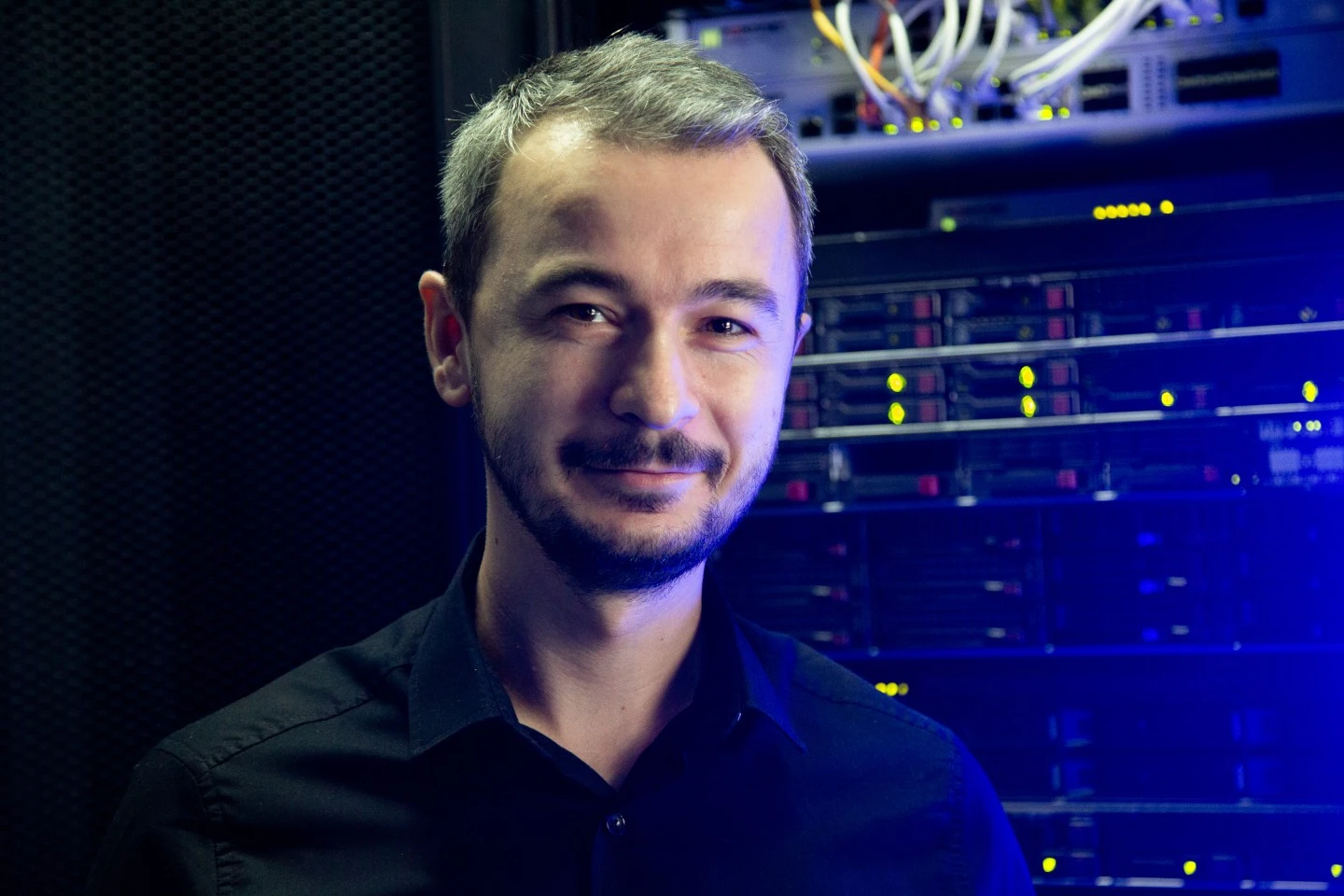
- Managed services
- Private cloud
-
Support
- Support
- Contact us
- Live chat
- FAQ
- Knowledgebase
- Blog
- Tutorials
-
Explore
Company
- Cloud VPS
- Login



























